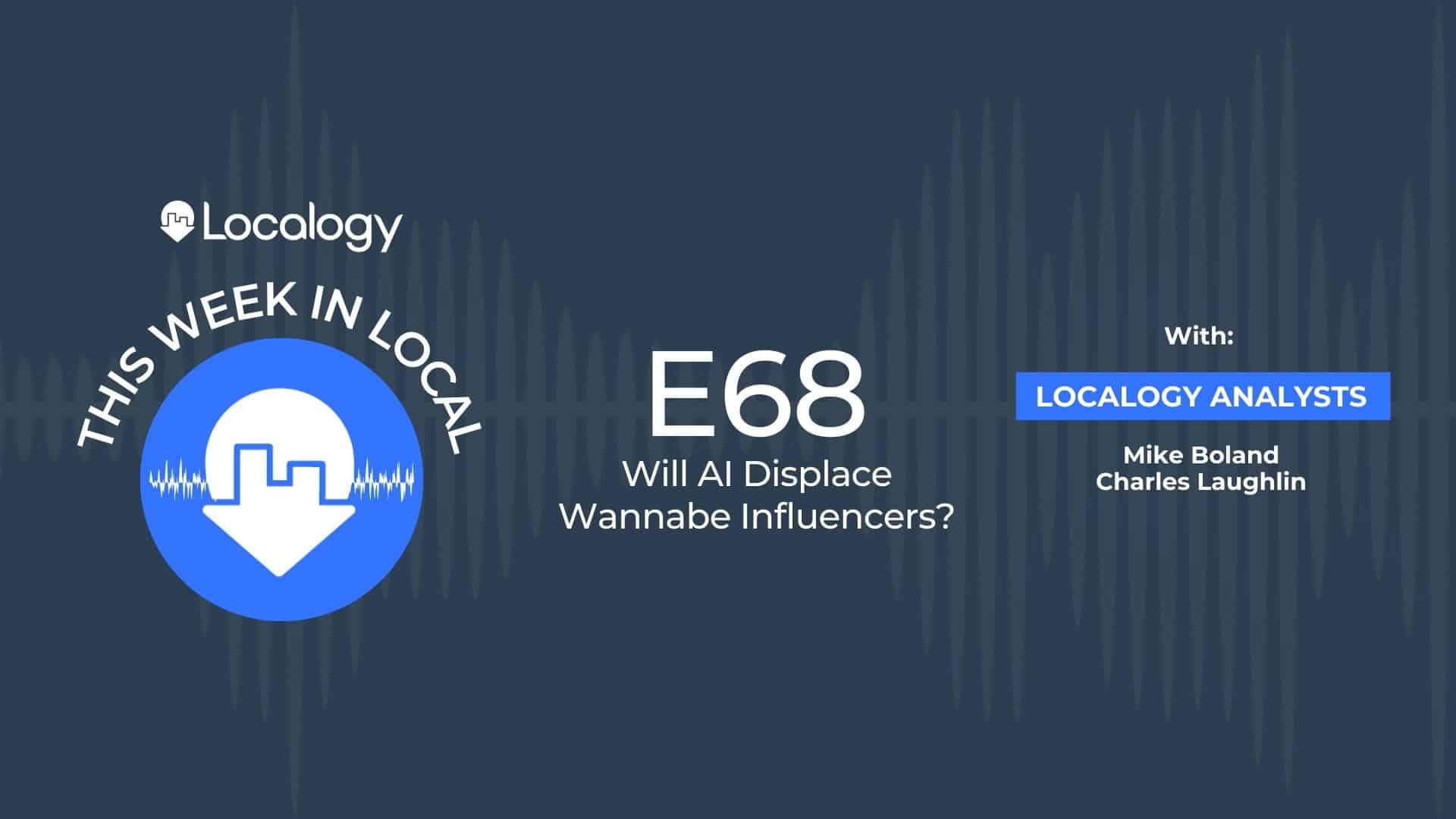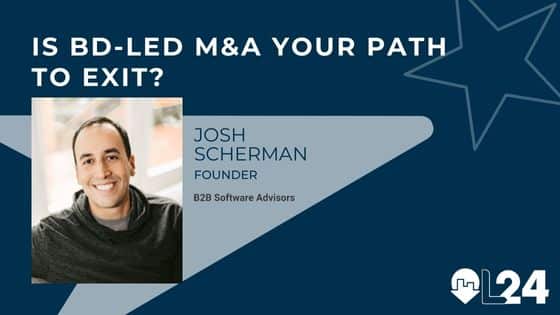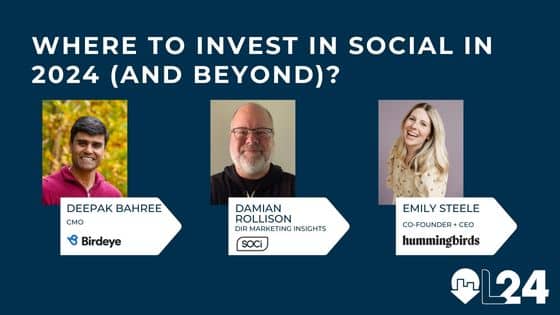In the opening scene of the 1960s classic “The Graduate,” Mr. McGuire accosts recently minted college graduate Benjamin Braddock (Dustin Hoffman) at a party and offers some sage advice.
“I want to say one word to you. Just one word,” Mr. McGuire tells Benjamin. “Plastics.”
That may have been good career advice back in 1967. Today, Mr. McGuire might whisper “food trucks.”
Well, he might if he were aware that the food truck/ghost kitchen mashup Wonder is now worth $3.5 billion, having just raised a fresh $350 million.

This for a company that drives around grilling Bobby Flay Steaks outside your front door? (Okay, that is pretty cool.) But $350 million? And with startups left and right shedding staff and raising down rounds?
And the $350 million isn’t exactly coming from shady Russian oligarchs or sovereign wealth funds with more money than sense. The round was led by Bain Capital Ventures. Also chipping in were Accel, NEA, General Catalyst, and Forerunner Ventures. It’s also important to note that this isn’t Wonder’s first raise. The company, which launched last year, had already raised $400 million, plus $100 million in debt. So thus far Wonder has cobbled together $850 million to get this thing off the ground.
The Celeb Factor
So maybe a little more about Wonder (and who’s behind it) will help us understand all this.
As noted, the big idea behind Wonder is to bring hot and fresh, name-brand, high-end food right to the consumer’s door. At this point, that door has to be in New Jersey, but the company plans to grow outside the Garden State.
Wonder doesn’t do this by rushing the food from a fixed-location ghost kitchen via Door Dash. The cook is in the van. And the food is prepared outside the customer’s home. As far as we know, Bobby Flay himself isn’t grilling the steaks. But we wouldn’t be surprised if he does so at some point for a publicity stunt. As long as he’s cool with going to Jersey.
Who’s behind Wonder might help explain such a big raise in this environment.
Marc Lore is an entrepreneur’s entrepreneur. He has founded and sold companies to both Amazon and Walmart. He owns the Minnesota Timberwolves. Granted, a mediocre basketball team. But we can’t all own the Warriors.
The celeb factor is a key component of Wonder. And this seems to be what propels much of the virtual dining space, which Wonder certainly falls into. We’ve seen celebs ranging from George Lopez to Wiz Khalifa launch virtual dining concepts.
Gwenyth Paltrow is on the board (still no sign of Ashton Kutcher). And the roaming Wonder trucks are cooking up food concepts from the aforementioned Flay. Other celeb chefs jumping on the van include Marcus Samuelsson, Nancy Silverton, Seamus Mullen, and many others.
Will It Work?
Last year Lore told Forbes the concept was working with customers.
Wonder has been in test mode in Westfield, N.J., where demand has been high and there’s been a high rate of repeat customers and consumer satisfaction. Lore said over 60% of households placed orders and Net Promoter Scores were in the upper 70s, “which is unprecedented in the food business.”
That’s great. But over time, will the customer support outlive the initial hype?
So what does Wonder really mean for the local restaurant space? Hard to say. Businesses built on celebrity hype draw suspicion. (At least from me.)
Lore fancies himself a “serial disruptor”. Or at least that’s what Jim Cramer calls him. But what needs disrupting here? Getting food from a famous chef that’s hotter and fresher than your neighbor’s soggy noodles from DoorDash is interesting. But it just doesn’t feel big.
So what is the end game to justify a $3.5 billion valuation?
Wonder no doubt intends to grow well beyond New Jersey. Its model feels expensive. DoorDash can scale by using underemployed stoners and open mic comics driving their own vehicles. And it’s losing money. Wonder needs a fleet of vans with highly trained crews. And the celeb chefs don’t come cheap, event if they aren’t cooking the food themselves.
Imagine scaling this out to every major metro in America.
The only thing holding me back from dismissing this completely is Lore himself. This is the guy who, again, sold to Walmart and Amazon. And when he joined Walmart in 2016 after selling Jet.com, he grew the retail giant’s eCommerce business by 44% in his first year.
So if anyone can pull this off it’s Lore and his team. As Cramer notes in his interview with Lore, this is a “winner take all” concept. We tend to agree. If there are any winners at all. Let’s see if anyone else tries to copy Wonder.





